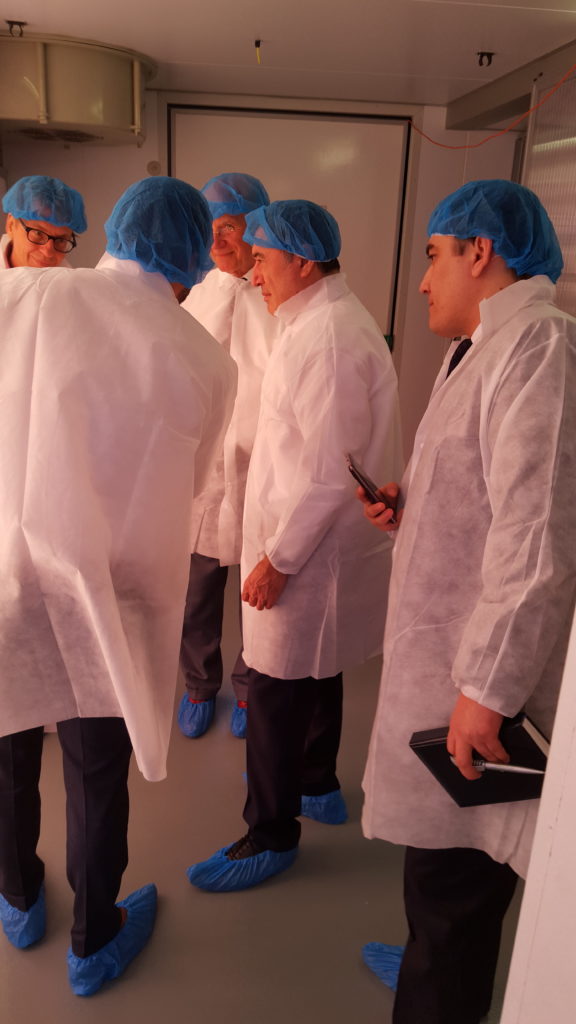Governments play an important role in Sustainable Food Production
Food is a primary necessity of life and worldwide governments have a substantial influence on the foods offered for human consumption. First of all to maintain a fair standard of return for farmers, but also quality of foods (microbiological safety) and consumer protection against unfair trading practice. Government economic policies influence demand for foods whilst educational strategies can stimulate particular food choices.
The government can influence the choice for sustainable food production of farmers to minimise its impact on the environment. For instance by funding research and by removing obstacles in legislation. The agricultural policy objective of most countries is to safeguard the agriculture resource base, to extend the industry knowledge base and to enable nationwide economic growth and employment based on agriculture and agriculture-based products.
Agriculture discussions are increasingly oriented toward ecological approaches that recognize the limits imposed by natural resources and toward improved social outcomes. However, many governments are only beginning to actively invest in such concepts in agriculture; whereas companies like Livingstone Ventures are taking the lead instead. Agriculture is one of the biggest threats to a healthy environment. Besides its production function, agriculture needs to integrate other vital functions of ecosystem management as central features of its development. While many governments have retreated from agricultural investment there is a shifting re-organization of roles and of governance from public to private. Clearly, private agricultural enterprises are a powerful factor. Companies like Livingstone Ventures recognize the need to create shared value and not just profit if they are to thrive in the long term.
The importance of companies like Livingstone Ventures has undoubtedly increased. Apart from the continued importance of policy (taxation, subsidy, trade), regulatory (food safety), and some public investment (research and infrastructure), government now rarely takes the active role in food and agriculture that was common in the late 20th century. The government is responsible for food security. By the FAO’s definition, citizens are food secure when they experience “physical, social and economic access to sufficient, safe and nutritious food.” To ensure food security, technology as implemented by Livingstone Ventures are vital and can help governments to provide safe and healthy food without significant investments.

